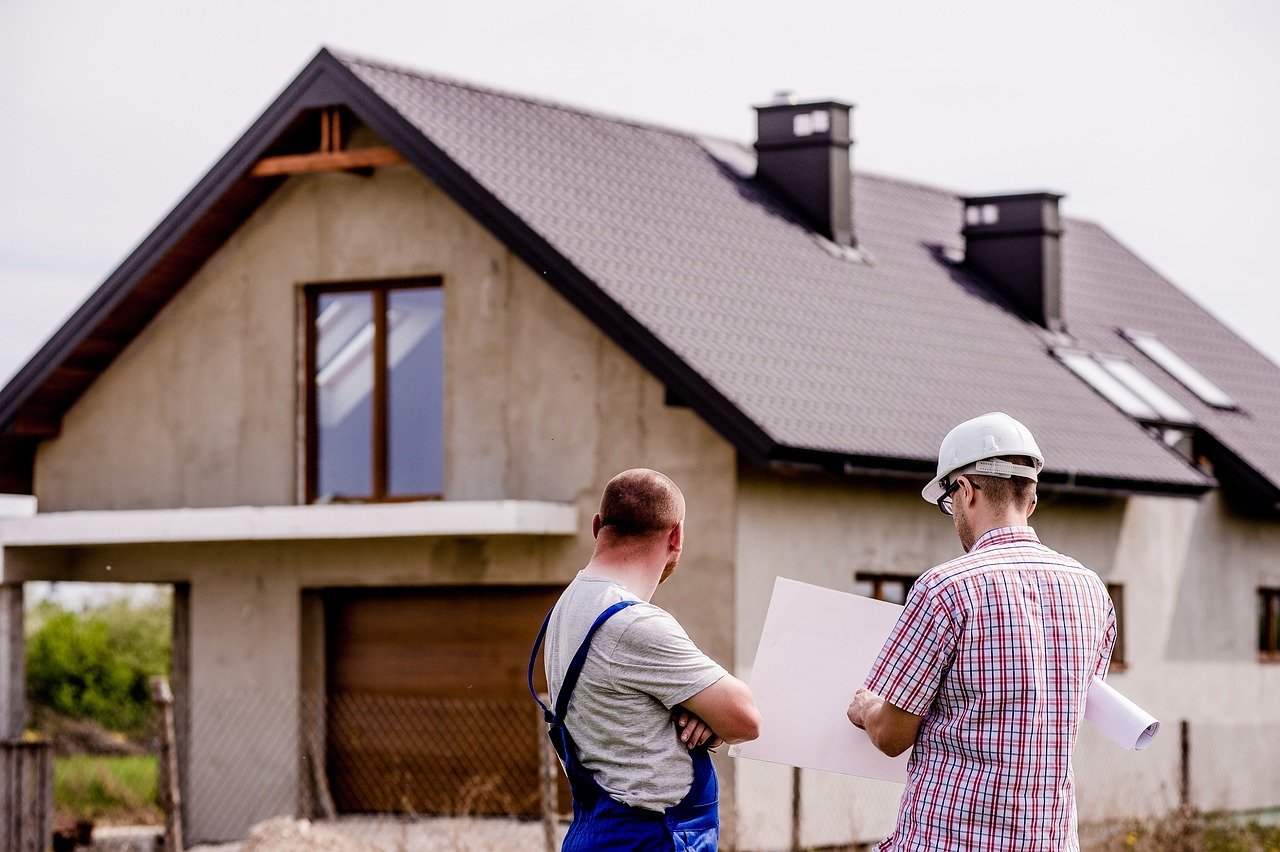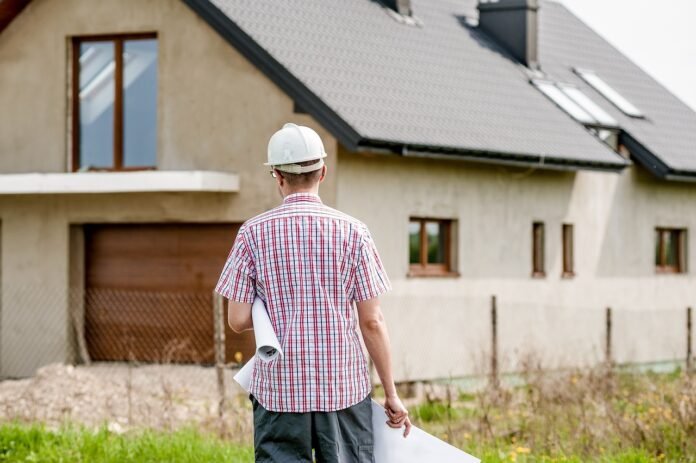The urban skyline has been shaping and reshaping itself for centuries, but what lies beneath these changes? If you’ve ever wondered who is defining the latest design trends in housing or who’s pushing boundaries when it comes to the creation of sustainable, livable spaces, the answer will intrigue you. The unsung heroes of the housing world – Custom Home Builders. Are they truly transforming living spaces and the way we perceive housing? If so, how? And most importantly, why should we even care? This comprehensive article will dive deep and unravel these questions for you.
The changing face of housing isn’t a result of random occurrences, rather it’s a carefully curated evolution. One that is being crafted by custom home builders who pour their heart and soul into every project. Their influence, however, doesn’t lie solely in creating aesthetically pleasing, luxurious homes, but also in providing highly functional, sustainable, and personalized dwellings.
The purpose of this post is to explore these innovative professionals who are changing the way homes are being designed and built. Not just for individuals seeking a bespoke living experience, but also for communities and cities striving for a sustainable and socially responsible future.
Table of Contents
Who Are Custom Home Builders And Why Are They Important?
Custom home builders are skilled architects, builders, and designers who focus on offering highly personalized services to their clients, aimed at creating ideal homes that match their unique tastes, lifestyles, and budget. But why does this matter to you or even the housing industry at large?

The first reason is personalization. With a custom home builder, homeowners have the liberty to create or modify their living spaces exactly according to their vision.
Secondly, these builders operate on principles of sustainability, making them instrumental in promoting eco-friendly housing solutions.
Lastly, the attention to detail and the focus on unique design elements contribute to the creation of homes that are not only visually appealing but highly functional as well.
The Evolution Of Custom Home Building
The industry of custom home building has evolved considerably over the past few decades. Remember when the concept of a custom built home was synonymous with exorbitantly priced luxury villas? That era is rapidly changing.
Today, custom-built homes range from minimalist studio apartments to sprawling bungalows, from energy-efficient tiny homes to multi-generational family houses, demonstrating the adaptive nature of this sector.
The evolution is also noticeable in the innovative use of materials, the merging of indoor and outdoor living spaces, and the inclusion of smart home technologies.
Impact On Sustainability And Green Building
Green building practices and sustainability have taken center stage in the housing industry, and custom home builders have been instrumental in making this shift.
These builders have championed the use of renewable resources, energy-efficient designs, and sustainable construction methodologies, contributing significantly to the global fight against climate change.
Furthermore, they offer homeowners the ability to design their homes to be in harmony with nature, reducing their environmental footprint.
Social Impact And Community Building
The impact of custom home builders extends beyond individual homes and permeates the broader community as well. Community-centric housing projects, designed with a deep understanding of societal dynamics, foster stronger neighborhood ties.
These projects aim to create shared spaces that nurture community engagement and contribute to better mental and physical well-being. With community gardening, shared sustainable solutions, and a focus on local culture, they inspire social inclusivity and cohesion.
The Challenges And Opportunities
Despite the numerous advantages, custom home building does present some challenges, including higher costs, longer building times, and the need for active homeowner involvement.
Nonetheless, the rewards – from personalized living spaces to environmental sustainability to enhanced community engagement – outweigh these challenges. Furthermore, with continuous advancements in the sector, these drawbacks are becoming less significant.
Future Trends In Custom Home Building
The future of custom home building is expected to be marked by technological innovations, sustainability, and adaptability. The rise of smart homes, increased use of renewable and recycled materials, and demand for age-friendly designs all point towards an exciting future for this sector.
Conclusion
Custom Home Builders are undoubtedly a revolutionizing force in the housing sector. They are the conductors orchestrating the evolution of our cities and neighborhoods, creating environments that are tailor-made for individual needs and aspirations, and fostering sustainable practices that resonate with our collective consciousness.
The challenges are an inherent part of any evolutionary process, but equipped with innovation, passion, and customer-centric approaches, these revolutionaries are determinedly steering the housing sector into a dynamic and exciting future. Let’s celebrate their spirit and continue to support their endeavors as we all walk together to build a world defined by habitable, sustainable, and loveable homes.








